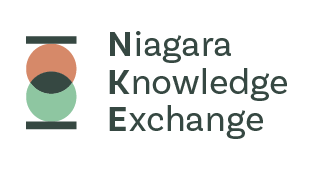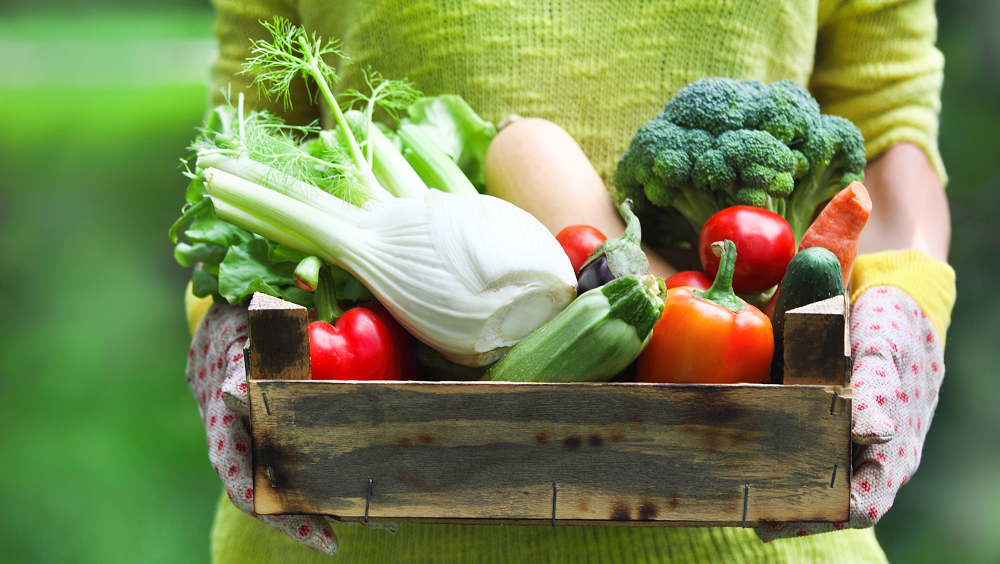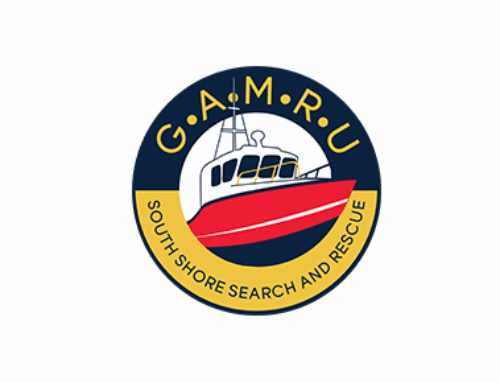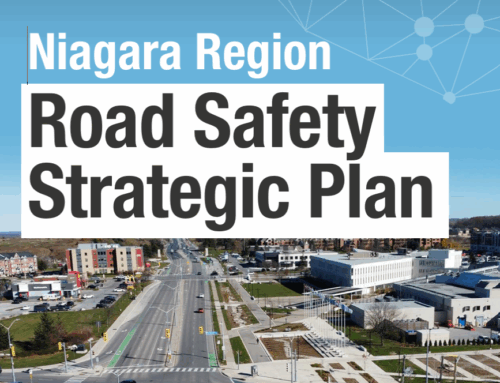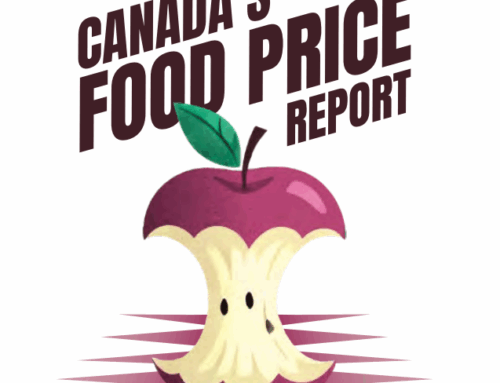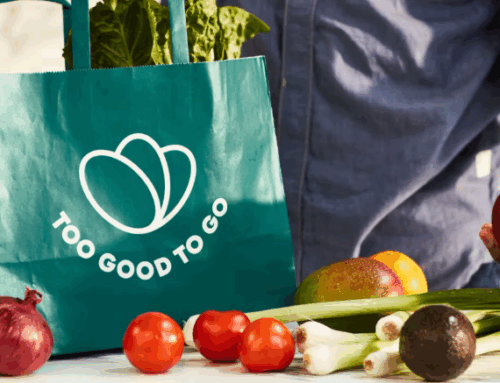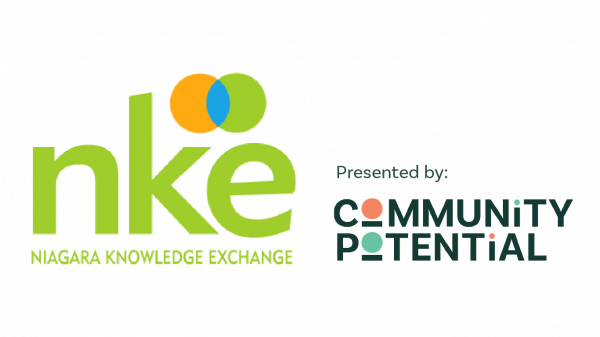This report summarizes November, 2020 conversations with 33 individuals experiencing food insecurity and living in the Niagara region of Ontario. The goal was to gather information about “food-related access experiences, including challenges/barriers as well as effective factors/strategies, as seen through the eyes of individuals experiencing food insecurity”. The conversations were also seen as an opportunity for the Niagara Food Security Network to gather Niagara-focused evidence to inform COVID-19 response policy and planning, for all levels of government.
In 2017-18, 12.7% of households in Canada experienced some level of food insecurity. This represents 1.8 million households, or 4.4 million individuals, including over 1.2 million children under the age of 18. In the Niagara region, during the same time period, the rate of food insecurity was 15.1%. Food insecurity is more prevalent among households with children than those without children. Children First Canada has identified food insecurity as one of the top ten “threats” to the well-being of children in Canada.
The voices of Niagara residents who shared their experiences facing uncertainty and challenges around accessing healthy (or just daily) food demonstrated how food insecurity impacts them beyond not having access to enough food:
- Ongoing anxiety
- Depression
- Low self-esteem
- Poor health status and outcomes; and
- Negative impacts on child development.
The report emphasizes: “to effectively and equitably address food insecurity is to address inadequate income for individuals and families”, and it calls for the Niagara Food Security Network to support the call to all levels of government to build on the work of creating the CERB (Canada Emergency Response Benefit), toward developing a basic income.
Published By: Judy White for the Food Security in Niagara Community Collaborative (Community Support Services Niagara, Niagara Connects, Community Care of West Niagara and United Way Niagara), with Knowledge Translation by Strong Fort Erie Neighbourhoods and Niagara Connects; and Ontario Trillium Foundation funding support.
Publication Date: February, 2021
Click here to view: Niagara Food Security Network – Lived Experience Engagement, November 2020 – Report on Findings, February 2021

